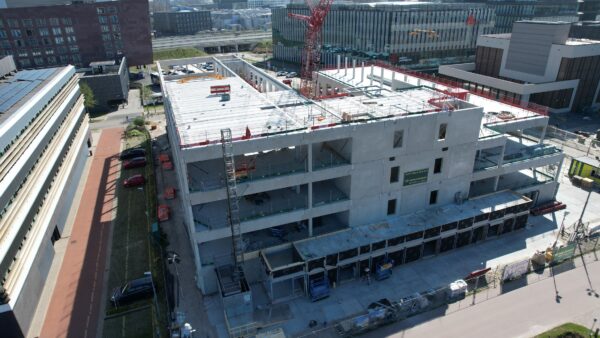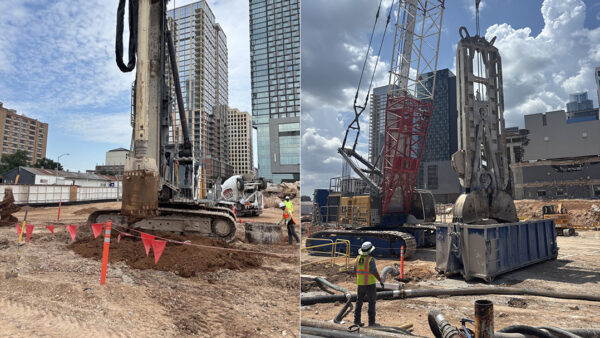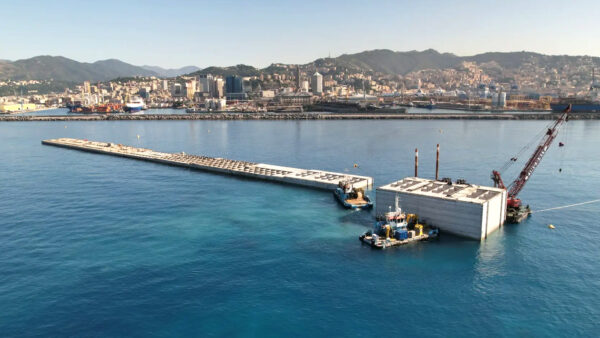17 June 2013
Russia can’t cope with current demands on its transportation infrastructure and needs a solid legal and regulatory framework, says the World Bank.
Endless traffic, gridlocked roads, inadequate parking and ageing public transportation systems – these issues resonate with people all over the world.
But in Russia, they have a special cause: galloping economic and social change has left a soviet-era transportation system huffing and puffing to catch up.
To tackle these problems, Russia needs to develop a national framework upon which decent urban transport systems can be planned and built, says a new World Bank report.
Unlike developing countries, the former soviet country had a good public transport system, but it hasn’t been properly managed, maintained or modernised, and thus it is not fulfilling its intended role in the face of rising private mobility.
Urban transport is not treated as one coherent system in Russian cities, the report found.
Most public transport responsibility rests on municipalities, while land-use planning and transportation planning are done in silos, leaving gaps in areas like parking and resulting deficiency in road spaces and public transport access in newly developed areas.
Another issue is that the financial resources allocated for urban transport in municipalities are inadequate and unpredictable, making it difficult for cities to plan their transport investment strategically.
Also, issues like road maintenance, traffic management, the need for better mass transit networks and managing demand from those owning private vehicles are falling through the policy cracks.
To overhaul the transportation system in Russia, the report suggests adopting a new, comprehensive law on traffic management, and legislation on public transportation supply and operation.
It urges Russia to create a national advisory body to play a leading role in managing a national urban transport database and to lay down guidelines for Russian cities.
The report says Russia needs “toolkits” for institutional and technical capacity-building, and suggests focusing on strategic and territorial planning for developing transport systems.
Overall, it finds that Russia’s transition to a free-market economy is not fully complete in public transport services, and there is huge market inefficiency.
View the World Bank’s report, “Proposals for Improving Urban Transportation in Russian Cities”, here.






